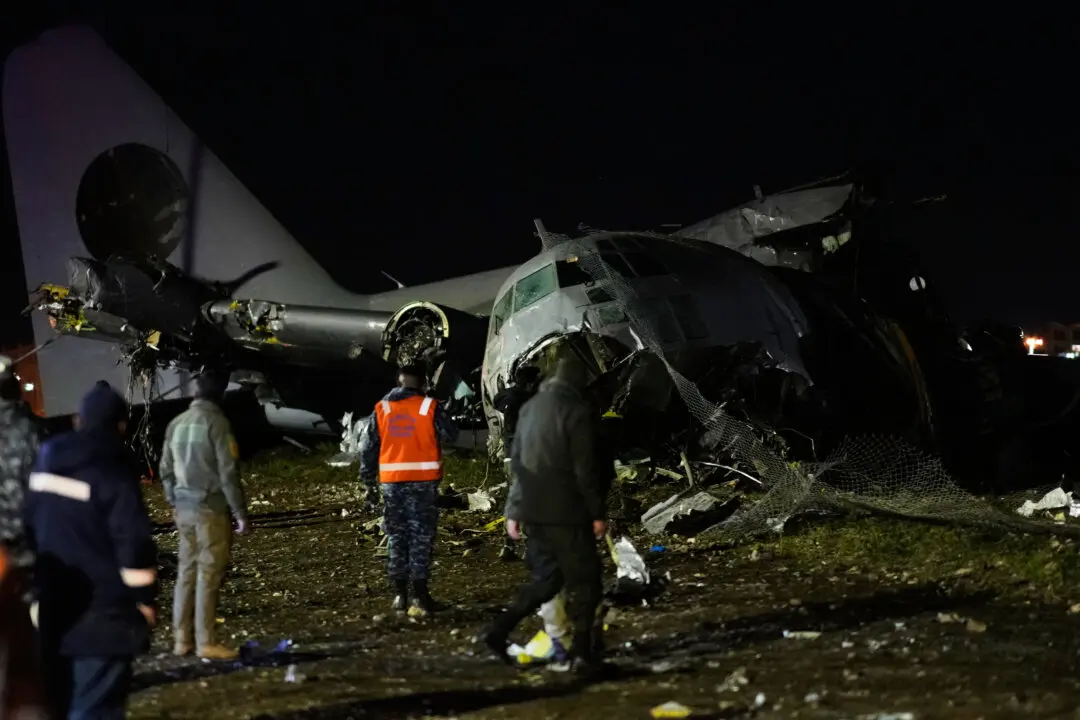South Korea’s military said that North Korea fired several short-range projectiles from its east coast on May 4 local time. It initially described it as a missile launch but later gave a more vague description.
South Korea’s Joint Chiefs of Staff (JCS) said in a statement that several unidentified short-range projectiles flew some 70 to 200 kilometers (about 44 to 125 miles) from the north of the city of Wonsan around 9 a.m. (0000 GMT) before they landed in the water.





